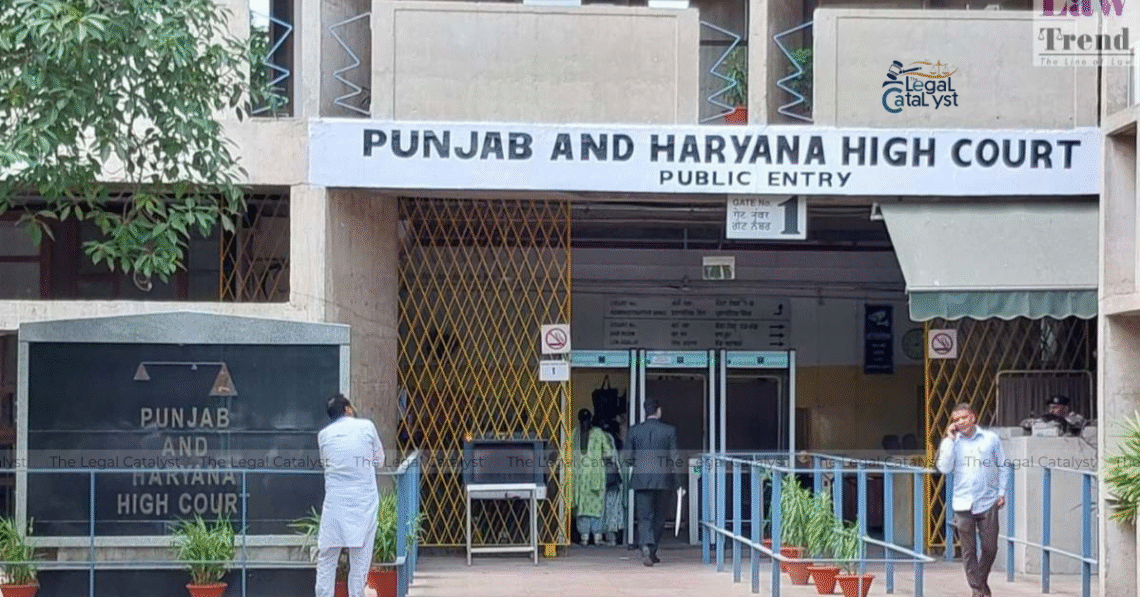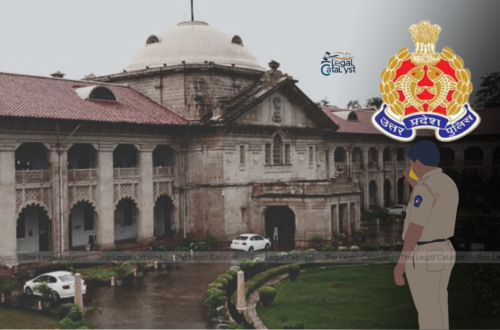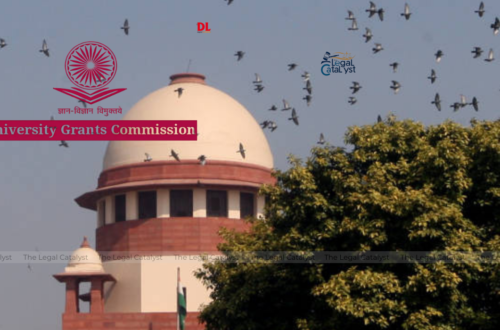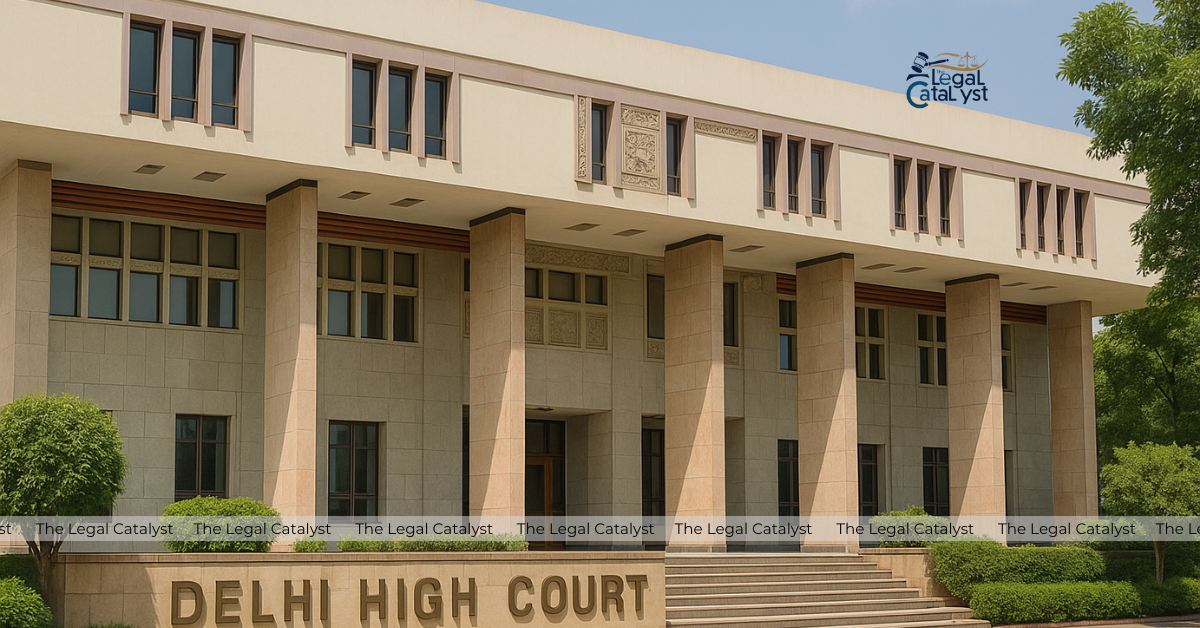The Punjab and Haryana High Court has held that a man’s right to privacy cannot override a child’s right to know the identity of his father.
Justice Archana Puri made the observation while dismissing a revision plea filed by a man challenging a trial court order allowing DNA testing to determine his paternity.
The Court emphasised that “justice to the child is a factor not to be ignored,” and that truth must prevail when it can be established through scientific means.
The matter arose from a maintenance plea filed under Section 125 of the Code of Criminal Procedure (CrPC) by a minor through his mother. The man had denied fathering the child, leading to a separate suit seeking a declaration of paternity.
The child, born in 1990, claimed that his mother had developed a relationship with the man while living as a tenant in his house. The man, however, argued that the child was born from his mother’s previous marriage.
While the trial court ordered a DNA test in 2015, the man challenged it in the High Court, relying on Section 112 of the Indian Evidence Act, which presumes legitimacy of a child born during a valid marriage.
Rejecting this contention, the Court ruled that Section 112 does not apply when a child, upon attaining adulthood, independently seeks to establish paternity. The Court distinguished earlier rulings which cautioned against routine DNA testing, noting those involved spouses in subsisting marriages.
Justice Puri also noted that both the child and his mother were aware of the possible social consequences of a DNA test but had nonetheless pressed for it, strengthening their claim.
The Court further remarked that if the petitioner truly has no relation to the child, the DNA test would cause him no prejudice. On the contrary, if he is the father, the test would conclusively establish the truth.
However, the High Court set aside the trial court’s directive permitting use of police force to collect the DNA sample, calling it unnecessary. Instead, it clarified that the trial court must record the man’s decision on whether to submit to the test and draw appropriate inferences at trial.
Accordingly, the revision plea was dismissed.
Connect with us on Instagram – X – LinkedIn for daily updates, quizzes, and other materials
KHCAA Protests amid Appointment of Law Students as Amicus Curiae in NDPS Case








